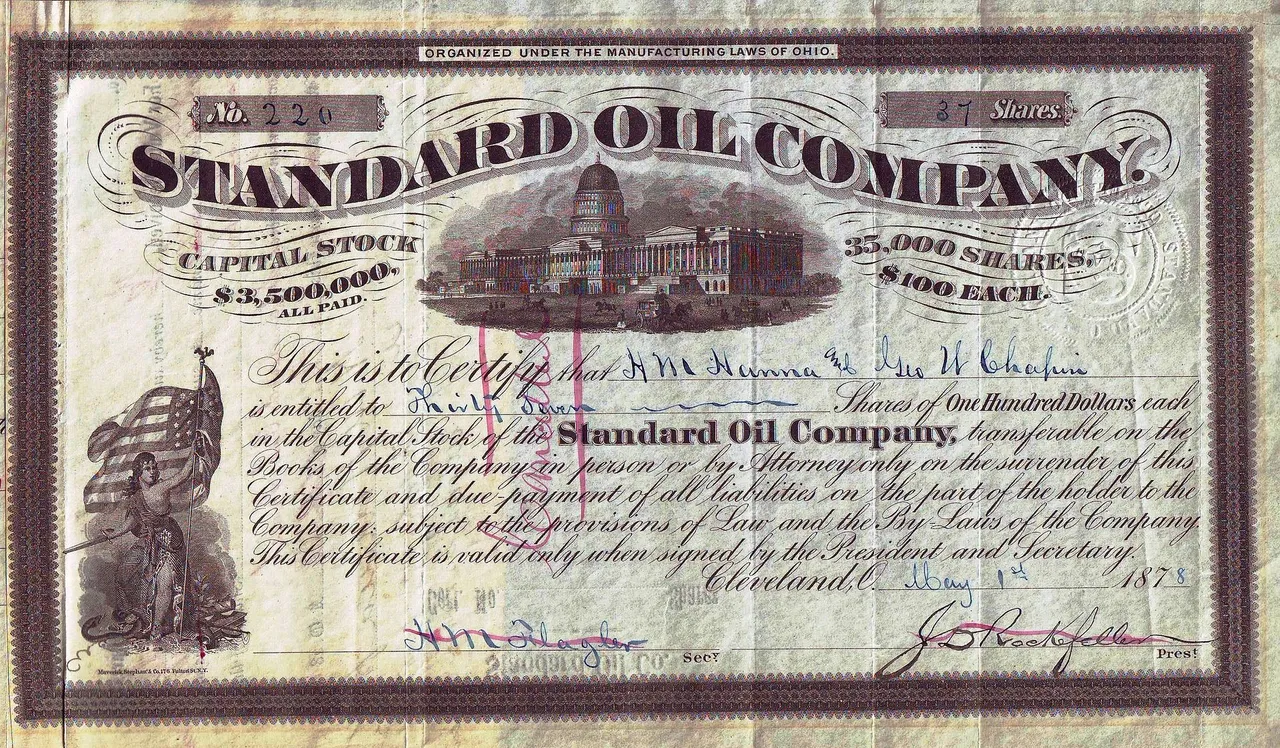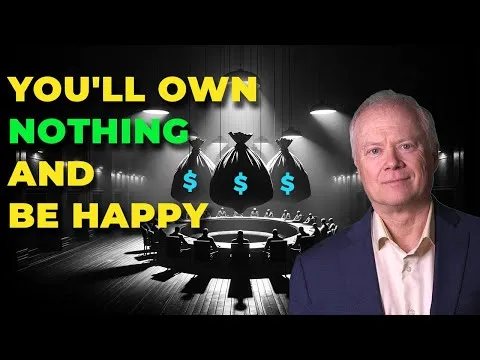You sign into your online banking account and see the digits in black and white that represent your money and stocks. You feel secure, knowing that your financial assets are in good hands, and that you have access to them whenever necessary.
Most of us were born and raised in the matrix of traditional finance (TradFi) where we have been taught to entrust our money to middle-men, like banks and brokerages. While they have been fairly dependable over the decades, that may not always be the case.
There have always existed legal contracts that presumably guarantee our ownership of bank deposits and stocks, but have you taken the time to read through the fine print of your account agreements? As the say, "the devil is in the details".
Bank Deposits
Under the assumption that only a fraction of their customers will withdraw money at any given time, banks are only required to keep 0-10% of their deposits on hand. The rest is usually lent out to other customers, in what is known as fractional reserve banking.
So while those digits in your online bank account may seem very real to you, the actual cash might not be there for you when you really need it. Moreover, when you try take out a significant sum from your bank, you will probably face a series of questions about the purpose of your withdrawal.
https://x.com/jonbernardk/status/1696108893540438307
These days, banks are especially hesitant to approve large withdrawals, and often block anything related to crypto. Ultimately, you are an unsecured creditor to the bank, and they will be the one who decides whether or not you can have access to your money.
Stocks
Before being digitized in the 1970s, corporate stocks used to be physical pieces of paper that you could actually store in a personal safety box at home. That said, many investors preferred to store their stocks with third-party certificate depositories for safekeeping and easier transfer of ownership.

Nowadays, for better or worse, the storage and transfer of stocks is all handled electronically. You likely access your shares through an online brokerage like Schwab, Ameritrade, or Fidelity. When you sign in, you are presented with all the companies you have invested in, and the number of stocks you "own".
However, if you trace the actual ownership through all the intermediaries, you end up at a company called "Cede and Co", a financial institution in New York that processes transfers of stock certificates and "owns 83% of all issued stocks in the United States."
In reality, what you hold is a "security entitlement" on those corporate shares. The stocks themselves actually belong to the secured creditors. For details on this intricate and tangled web of asset ownership, be sure to watch this video by Peak Prosperity:
When all is said and done, your ownership of stocks is based on trust, meaning that your brokerage and all the intermediaries in between must honor their contractual agreements with you, and these contracts could very well be altered in an emergency situation.
Investors got a taste of who actually owns their stocks just a couple of weeks ago when they were unable to sign into their brokerage accounts while stocks were tumbling due to the Japanese Central Bank benchmark interest rate hike to 0.25%.
Do you really want your wealth to be at the mercy of fragile agreements and unreliable brokers?
Blockchain Ownership
What if you could be your own bank and your own brokerage?
Bitcoin and other blockchains have made this possible due to their underlying trustless nature. Meaning, you do not have to trust a contractual agreement with a bank or a brokerage firm. Rather, your assets are securely stored on an immutable ledger.
In theory, the stocks that you access via your online brokerage account could be tokenized on a blockchain like Ethereum. In such a world, your stocks (tokens) would always be available to you 24/7, regardless of any emergency that might occur.
The Benefits of Self-Custody

Although we have yet to witness a major event that would justify any mass wealth confiscation, we are on a slippery slope towards the normalization of asset seizure. This coincides with the relentless march towards agenda 2030.
If the people are eventually cornered into a lifestyle of "you will own nothing and be happy", that could very well be the catalyst for a popular movement into self-custody cryptocurrencies - the only asset that offers true ownership.
If you learned something new from this article, be sure to check out my other posts on crypto and finance here on the HIVE blockchain. You can also follow me on InLeo for more frequent updates.
Until next time...
Resources
Standard Oil Stock Certificate [1]
Other Images Courtesy Of Venice AI [2]
